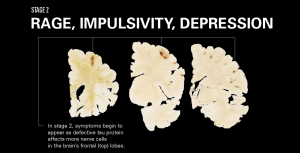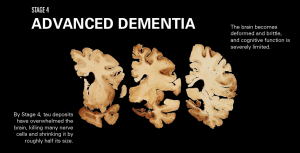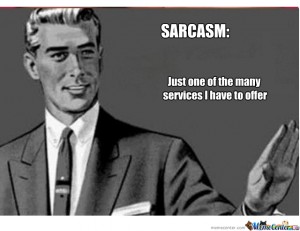In every lecture hall I sit in on, the teacher’s voice is equally matched or drowned out by a cacophony of coughs and sniffles. It is no secret, the plague is among us, people are getting ill. There are many reasons why college students could be prone to sickness. Primarily, college is a hub of thousands of kids all packed into one small confined space. My building alone houses over three hundred students, over forty kids share the same bathrooms, and lecture halls can be up to five hundred or six hundred people. The sheer amount of germs concentrated into small areas in college makes it easy to catch something.
But, as I’ve seen in the case of my roommate and many of my friends, many of us have a lot of trouble getting healthy after getting sick. Common colds and and basic symptoms are lasting weeks and weeks for some people. In my basic research of what mainly makes people sick, I came across one that could definitely affect college students: sleep deprivation.
As on team of scientists found, the level of sleep that you get has a direct effect on your health and likelihood for illness. Researchers at the University of California San Francisco recruited 164 healthy adults and observed their natural sleeping patterns for a week. The next week, 124 of the subjects were given a nose drop containing rhinovirus, which causes common cold. The remaining forty were administered a placebo nose drop. Then, all 164 of them were observed for the next five days to assess the results (Engelking).
Their results supported the hypothesis that less sleep correlated with a higher likelihood of sickness. The scientists physically weighed disposed tissues to measure the health of their subjects. The scientists concluded that out of the 124 participants that were infected, 48 contracted the virus. The one trend that scientists found: those who slept less than five hours per night were four times more likely to catch a virus than those who got six hours of sleep or more.
In college, this is ever so applicable. Students have late nights out, study at length for tests, and wake up early for class. Staying up late and waking up early for your 8am class could be depriving you of sleep and be perpetuating your illness.
It is important to clarify, though, that lack of sleep is 100% not a cause of illness, but a contributing factor. As I tried to further my research, though, every article pointed back to the same study. While in one sense it is hard to say with certainty that a single study is proof of something, it is also worth nothing that a mass of articles were written on this study alone, which certainly adds to the validity of the finding.
As a result, keep in mind that if you have an early class, it is essential to go to sleep earlier than if you did not. Further, if you, like so many others, are feeling the effects of the Penn State plague, make sure you rest up, it might just be your saving grace.










